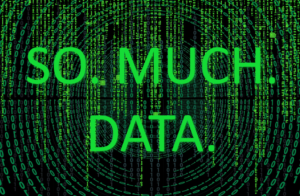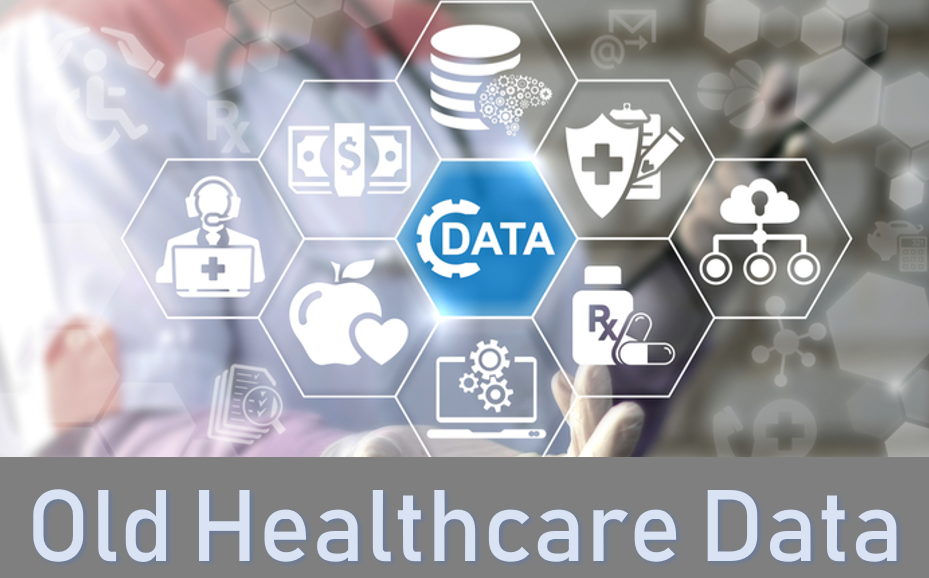Old is a relative term, but usually when we talk to Sales & Marketing Leaders anything older than 1 quarter is considered “old.” So, back to our original question, ” Why do Healthcare Companies Buy ‘Old Data’?”
Wouldn’t it make more sense to buy data that tells the company which physicians will make the best customers based on your current customer base? The reality is not all customers are good customers. (This is the sort of thing your Marketing & Sales Ops Leaders dream of… no, really, they do.)
Doesn’t that sound nice? A dynamic, data file (or software) which continually updates and changes pointing out exactly who the best customers are for your business based on too many metrics to keep track of yourself.
It all happens auto-magically.
That determination shouldn’t be placed on some old data that many would argue isn’t accurate to begin with… right?
According to the latest trends, the global medical device market is expected to reach somewhere around $343 billion by 2021. It translates to a 4.6% annual growth rate, pushed in large part by several factors including healthcare expenditure, growing health awareness, more treatment options, more extensive chronic health problems, more informed customers, an aging population, and emerging technologies, among others.
Increasing competition among medical device companies has led to a change in how the sector behaves and operates. Besides introducing new products and services as a means of increasing sales, these companies are also beginning to use data and data analytics to guide its teams.
In an attempt at improving overall decision-making and most importantly its efficiency and effectiveness in gaining new revenue-producing customers, sales and marketing leaders are looking for the most advanced tools to make these decisions for them, you know… auto-magically.

So. Much. Data.
Public, Private, Self-Accumulated. There truly is no end in sight.. There is so much data to be had and companies are buying it like there’s no tomorrow.
How is it used?
Who’s analyzing it?
Is it analyzed appropriately?
Are the right people seeing it?
Does it actually lead to increased market share? or does it simply check the box next to the line item in the marketing budget?
There are as many questions about what to do with the data as there are about the data itself.
The biggest misconception about Healthcare companies buying data is this: Just because a physician did something a year ago (or longer), doesn’t necessarily mean that a sales rep should contact them today. Does it?
If salespeople had their way they would try to identify the high-potential new customers who are most similar to their current best customers. (The easy conversion, with minimal effort) But, does this “metric” exist today? Nope.
It doesn’t matter how much data a company buys, or how recent. Numerous dimensions of data need to be analyzed about current customers and prospects to identify the BEST opportunities to grow. This analysis needs to be an autonomous, living, breathing machine of its own. The more its fed the more it produces.

The Solution
But what if this “machine” could provide that highly-coveted information? What if you knew which physicians within the community were most like your best customers? What if that information was based on hundreds of data points and could tell you: “No, don’t call on that doc, call on this doc, instead. He/She is the one who best matches the full criteria build by your current best customers…”
Now, THAT would be the sort of data and software that would prove to be real game changers in the Healthcare sales world.
Never again rely on data solely based on what a physician did in the past but rely on thousands of data points that tell you the best physician to call on today!
We’re not quite there yet today but every day we’re getting closer and closer. Until then, we rely on tools like ProSellus; the fastest-growing Sales acceleration platform available today.
Conclusion
In this day and age, almost every industry works by making use of data. It’s up to us to determine what tools to use and what makes the most sense to us.
If you would like to learn more about ProSellus, request a demo today, feel free to check out our website at blog.prosellus.com or reach out to me directly: scottwalle@prosellus.com

